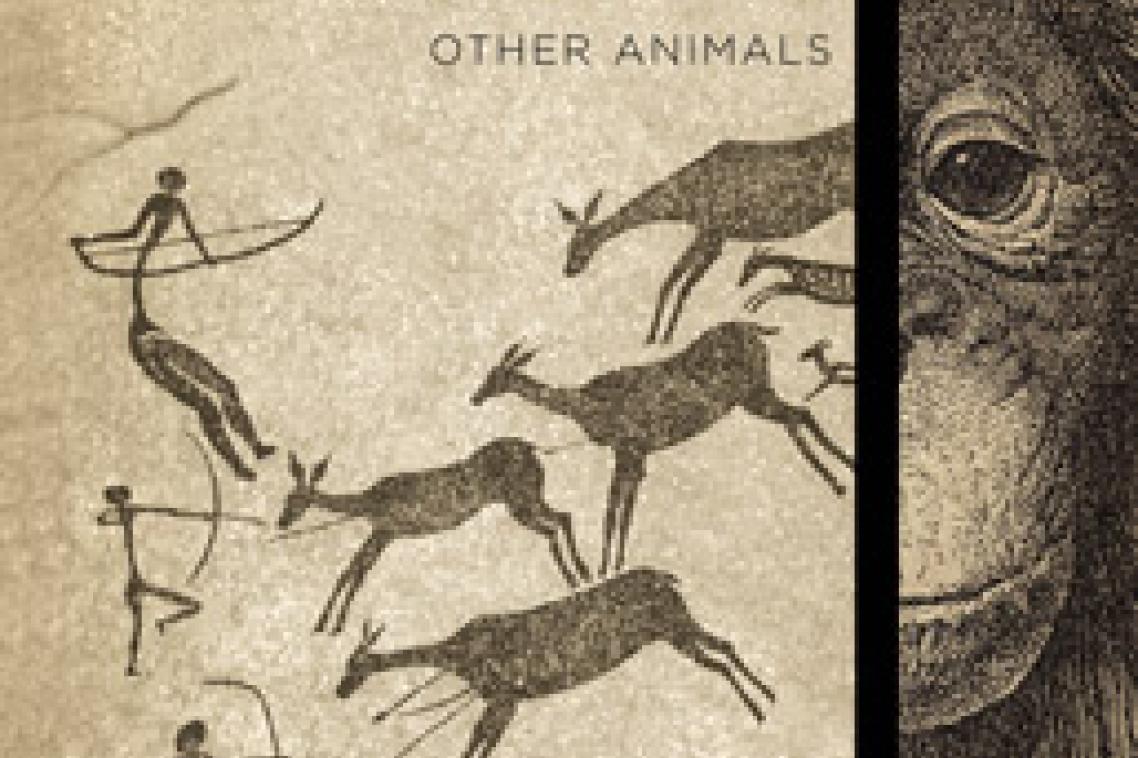Understanding humans' place in nature

Why are humans the peculiar creatures that we are? How did we become so different from other animals? How, in fact, are we different?
University of Queensland scientist Professor Thomas Suddendorf has provided what is thought to be the first systematic examination of the mental qualities that distinguish humans from other animals and how these differences arose.
“I have surveyed the main areas often cited as uniquely human, including language, foresight, thinking about thinking, intelligence, culture, and morality, and distilled what sets humans apart from animals in each of these contexts,” he said.
Professor Suddendorf, from UQ’s School of Psychology, said great apes had not always been the closest relatives of humans.
“Only two thousand generations ago we still shared the planet with several smart, upright-walking, relatives, including big Neanderthals in Europe and tiny ‘hobbits’ on Flores.
“We appear so different from other animals because these closely related species have all gone extinct — and our ancestors may well have had a hand in their extinctions.”
“In this sense, our exceedingly mysterious and unique status on Earth may be largely our own creation.”
Professor Suddendorf said the gap could be growing wider, not so much because we were becoming smarter but because we were killing off our closest animal relatives.
Professor Suddendorf’s new book, ‘The Gap: The Science of What Separates Us from Other Animals’, will be published in the US on 12 November and will be launched in Australia at Avid Reader in Brisbane’s West End on 11 December.
The book draws on two decades of research on apes, children and human evolution.
Primate researcher and animal activist Jane Goodall has described it as beautifully written, well researched and thought-provoking.
“I found it fascinating and strongly recommend it to everyone who is curious as to how we have evolved to become the dominant species in the world today,” she said.
Book launch details: www.avidreader.com.au and click on events.
Media: Professor Thomas Suddendorf, 07 3365 8341, t.suddendorf@psy.uq.edu.au
Topics
Related articles

Sport and dance benefit from performance psychology – why does acting largely ignore it?

A legacy in stone
Media contact
UQ Communications
communications@uq.edu.au
+61 429 056 139
